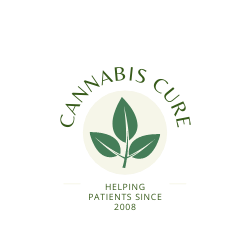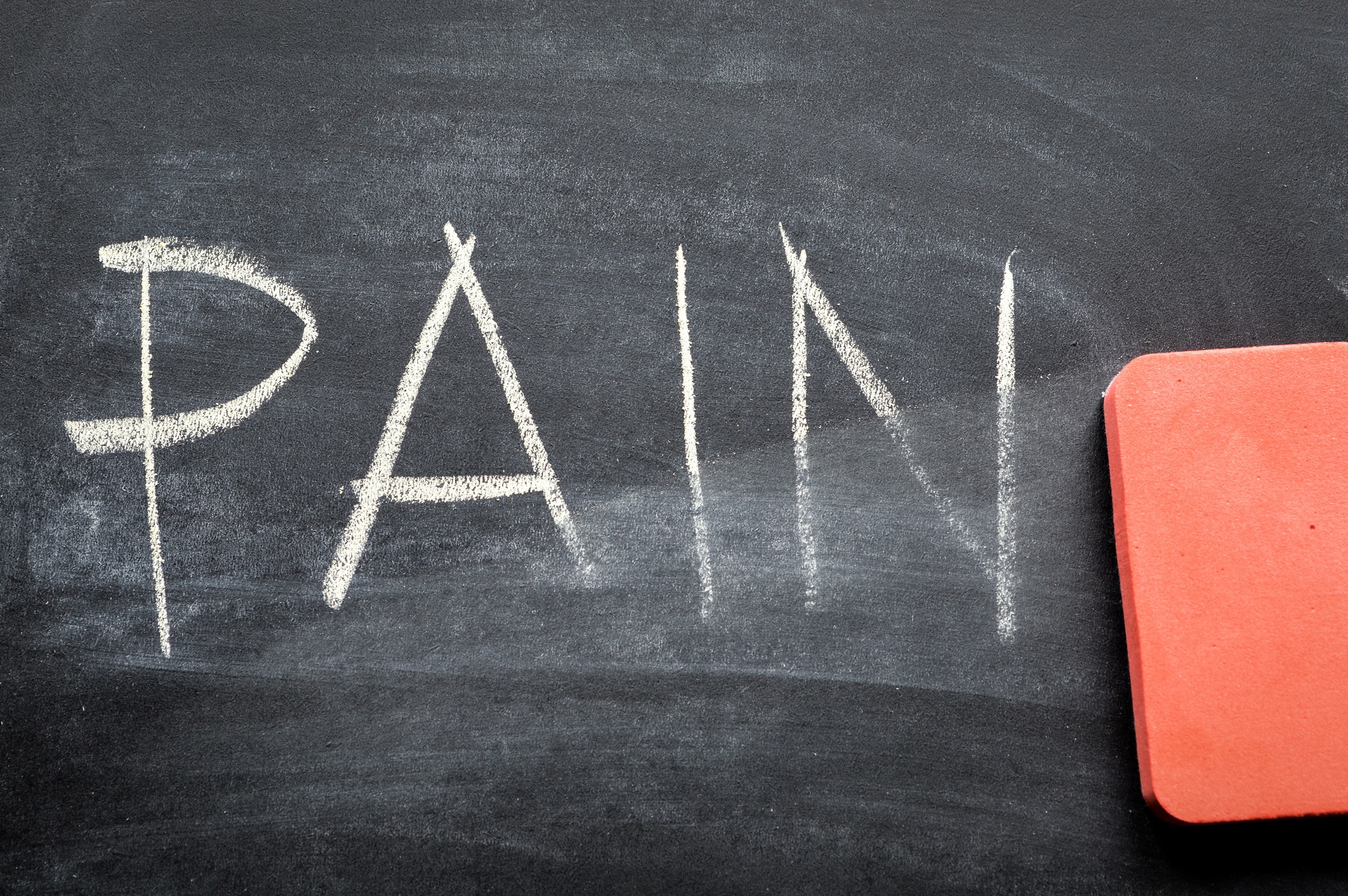Pain Management
Pain arises from a myriad of diseases and conditions and some pain has a clear cause, like a broken leg. But there are times when the source of pain is unseen and, too often, patients are simply prescribed long-term opioids that vaguely help the symptoms while also creating other side effects.
The British Pain Society says that more than 40 percent of the population – around 28 million people in the UK – are currently living with chronic pain that has existed for three months or longer, which can feel like fatigue, sleeplessness, general discomfort, soreness, stinging, squeezing, tightness, stiffness, a sense of burning or aching electrical shock, numbness and difficulty correctly sensing temperatures. This silent epidemic leaves up to 14.3 percent in moderately or severely disabling pain, leaving people unable to work or lead fulfilling lives.
What Types Of Pain Are There?
Some of the most common pain complaints include a headache, post-surgical pain, lower back pain, cancer pain, post-trauma pain, arthritis pain, neuropathic pain (pain caused by nerve damage, like sciatica or diabetes), and psychogenic pain (pain that isn’t caused by disease, injury, or nerve damage but by psychological factors). Health professionals also use different terms for different types of pain: short-term pain describes acute pain, like a sprained ankle. Long-term pain is called persistent or chronic pain and tends to encompass back trouble or arthritis. Pain that comes and goes is called recurrent or intermittent Pain, like a toothache.
What Causes Pain?
When we experience short-term pain, the body communicates by sending pain signals from the injured area through specialised nerve fibres along your spinal cord to your brain. When the pain is chronic, the body continues to send pain signals to the brain, even if the injury has gone away and after nerves become damaged. In these cases, treating the underlying injury may not resolve the chronic pain.
In some cases, there is no injury, to begin with, and the pain will be related to underlying health conditions like endometriosis when the uterine lining grows outside of the uterus, or fibromyalgia, which is characterised by full-body pain and fatigue.
How Are Our Emotions Involved In Pain?
We know that pain causes strong emotions but when someone experiences emotions like anger or anxiety, their pain may be worse. Alternatively, if they are feeling positive and happy, their pain may be less and they are able to cope better. The British Pain Society says that this shows that pain is never all in the mind or purely in the body – it is a complex mix depending on many factors. They say: ‘A slight pain can become amplified rather like in a football crowd: one person starts a chant or a song and very quickly the whole stand has joined in. When this happens with pain, doctors call it central sensitisation and is one of the reasons why the severity of pain experienced may have little relationship to the size of the cause of pain. The chant can last for hours, days, or even years.’
This is why exercise, laughing, or partaking in activities that bring us joy are also powerful remedies, as opposed to the old antidote that was bed rest.
A 2017 study published in the Cochrane Library that analysed 21 reviews and looked at the relationship between physical activity and chronic pain sufferers, found that physical activity and exercise improved pain severity and physical function, and consequently the quality of life. Two reviews reported significant, large effect sizes for quality of life.
It will come as no surprise that depression is common among chronic pain sufferers, which you can read more about here.
How Can Medical Cannabis Help With Pain Management?
A review by the National Academies of Science concluded that adult patients with chronic pain who were treated with medical cannabis were more likely to experience a significant reduction in pain symptoms and that in adults with multiple sclerosis-related muscle spasms, there was substantial evidence that short-term use of certain oral cannabinoids– man-made, cannabinoid-based medications that are orally ingested – improved their reported symptoms.
A study published in the Canadian Medical Association Journal found that 23 people with chronic neuropathic pain – pain due to problems with signaling between nerves – had a reduction in the pain, and showed improvements with sleep and anxiety after smoking cannabis through a pipe. The study used three different potencies of cannabis – containing 2.5%, 6%, and 9.4% of the active ingredient THC, as well as a placebo (dummy version) and under nurse supervision, participants inhaled a single 25mg dose through a pipe three times a day for five days followed by nine days off, for four cycles. Those given the highest dose had significantly reduced average pain compared with the placebo as well as less anxiety and depression, and better sleep.
A 2018 review titled Cannabinoids in the Management of Musculoskeletal Pain: A Critical Review of the Evidence, which analysed 118 studies that assessed the use of medical cannabis in the treatment of pain caused by arthritis pain, postoperative, trauma, and back pain. Of these 118 studies, 85 (72%) demonstrated that cannabis was an effective treatment option for pain management. An additional 17 studies (14%) yielded mixed results, 11 (9%) that the treatment was ineffective, and the remaining 5 (4%) yielded inconclusive or unclear results.
The authors of the review conclude that a significant number of the total 118 studies were limited in quality. This was down to small sample sizes and a lack of control groups but that there is potential for medical cannabis to assist in pain management in a number of common conditions, including fibromyalgia, multiple sclerosis, spinal cord injury, and musculoskeletal, among others.
What Other Lifestyle Remedies Can Help Manage Chronic Pain?
Deep breathing, meditation or mindfulness techniques, gentle exercise, like walking, yoga, swimming, gardening and dancing, tai-chi, massage, pet therapy, counseling to help with the emotions the pain incites, listening to music, taking up hobbies to distract from the pain, heat and cold compresses, seeing friends and family and signing up for a free NHS self-management course for people who live with long-term chronic conditions such as arthritis and diabetes in order to develop new skills to manage their condition (and any related pain) better on a day-to-day basis.
Finally, The Pain Toolkit offers twelve steps, accompanied by videos, to help and aid in pain self-management. The 12 steps start with acceptance and finish with resilience.
Further Reading
How and where to safely buy RSO medical cannabis oil online
Introduction to Medical Cannabis
Help and Advice
If you need advice or help with Medical Cannabis, please use the contact form provided. We try to answer all emails within 24 hours and are happy to help and advise on all aspects of Medical Cannabis treatments in complete confidence.
Disclaimer: Please note that whilst we consider ourselves subject matter experts regarding Medical Cannabis, we are not medical professionals. We are a Medical Cannabis information resource, educating and helping those in need. Whilst we are very strong believers in the benefits of Medical Cannabis, there is still limited evidence that Medical Cannabis can treat/cure all the illnesses we discuss on our website. We recommend you do as much research as possible, and where practical seek professional medical advice before proceeding with Medical Cannabis oil.

